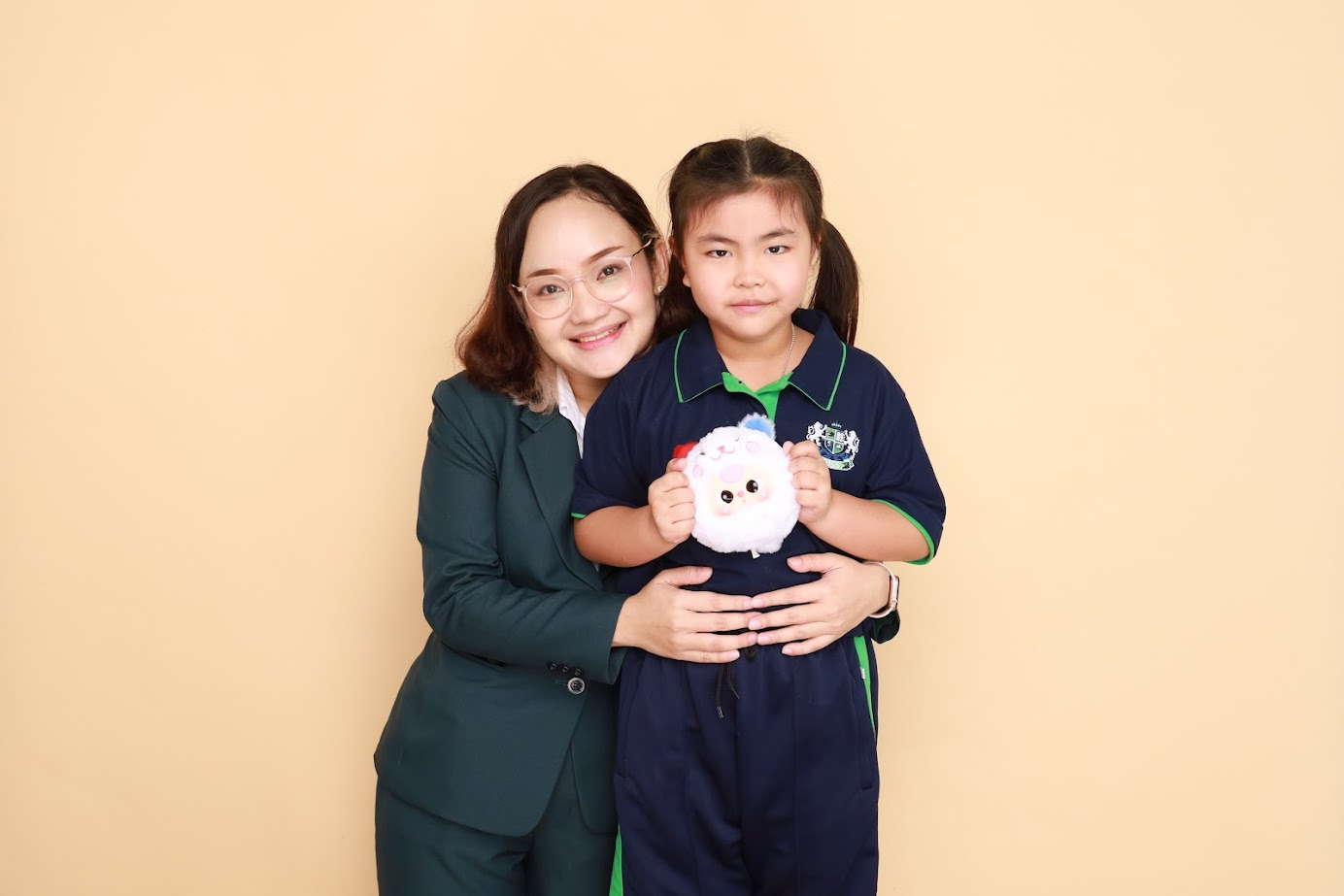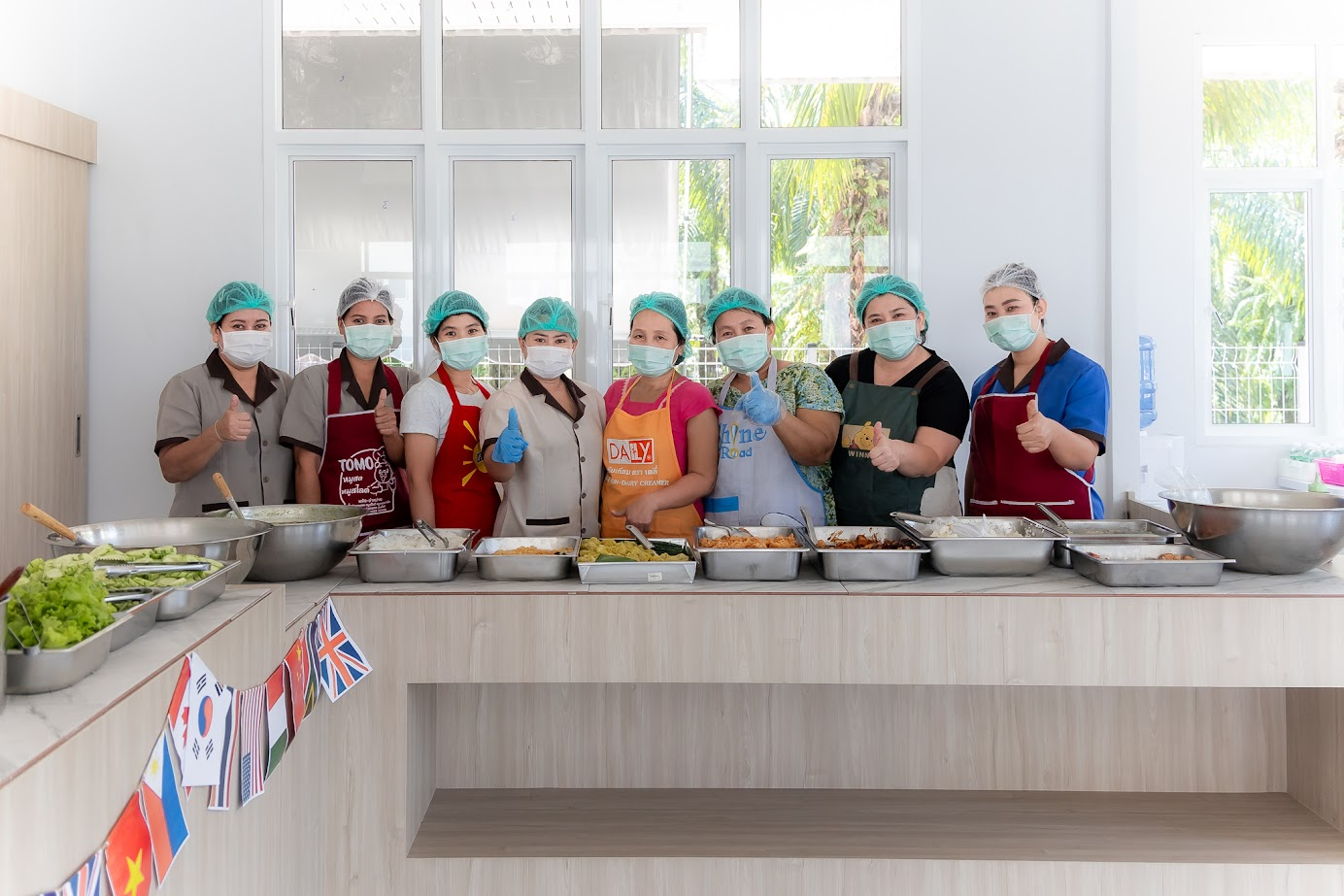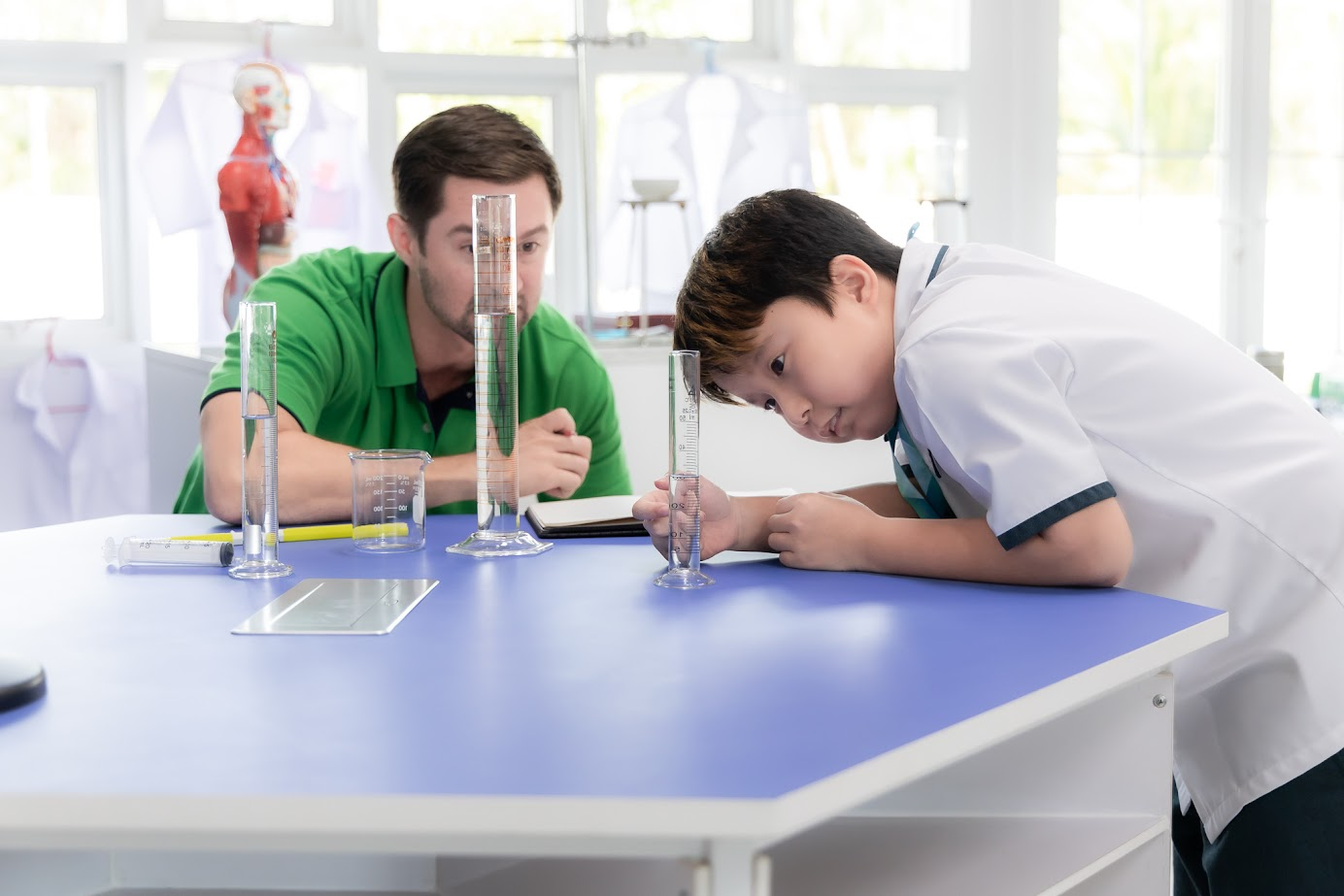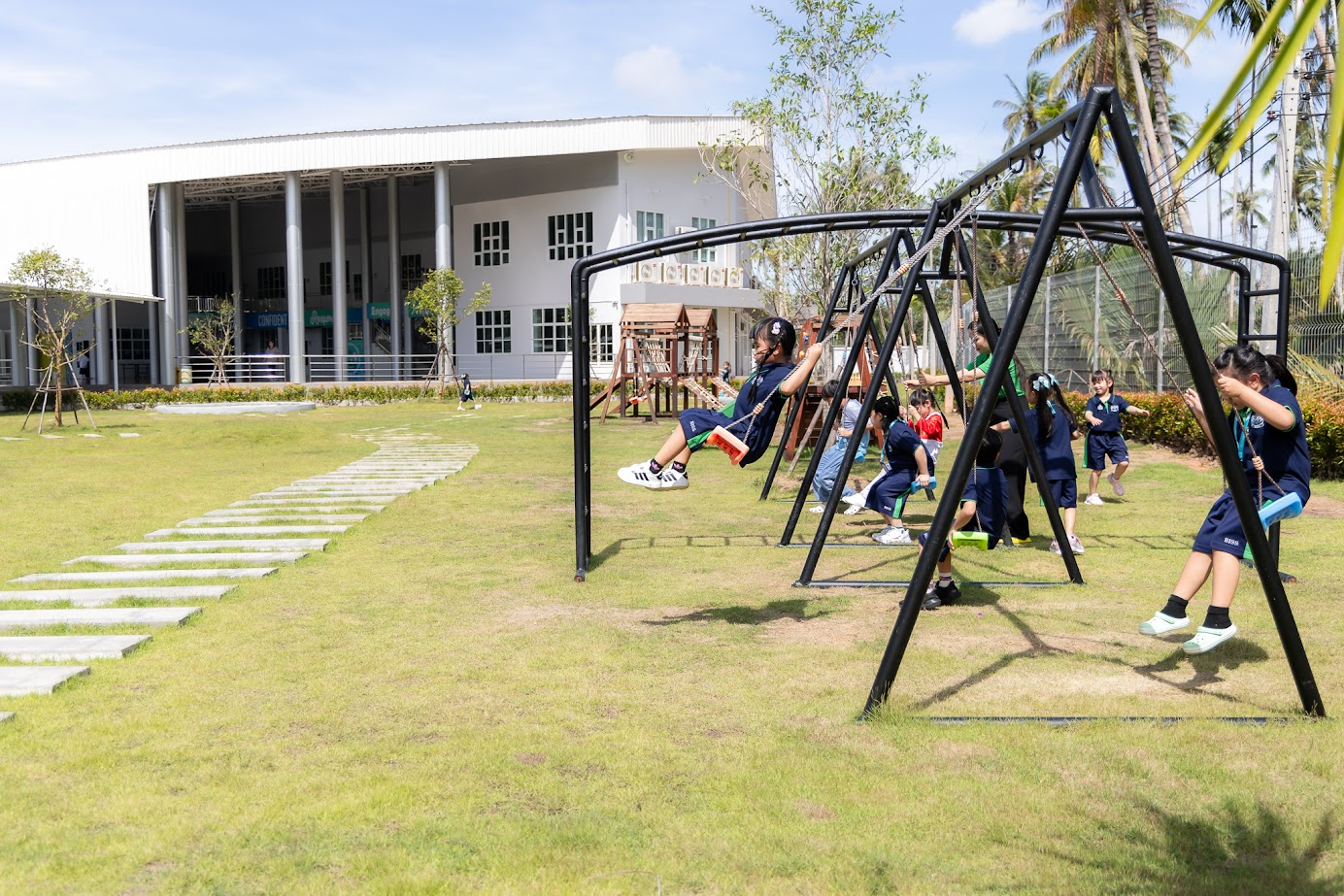Supporting the holistic development and well-being of students
The Pastoral Care Program at Balance International School plays a crucial role in supporting the holistic development and well-being of students. It encompasses a range of services and activities designed to ensure students’ emotional, social, and academic growth within a nurturing and inclusive environment.
The objectives of the Balance Pastoral Care Program
1. Support Emotional and Social Well-being:
- Ensure students feel safe, supported, and valued within the school community.
- Promote positive relationships and a sense of belonging among students and staff.
2. Encourage Academic Success:
- Provide guidance and support to help students achieve their academic potential.
- Address any barriers to learning, including emotional or social issues that may impact academic performance.
3. Foster Personal Development:
- Develop students’ self-esteem, resilience, and life skills.
- Encourage moral and ethical development, promoting respect, empathy, and responsibility.
4. Create a Safe and Inclusive Environment:
- Ensure the school is a safe space free from bullying, discrimination, and harassment.
- Promote diversity and inclusivity, celebrating different cultures and backgrounds.
Components of the Pastoral Care Program
1. Pastoral Leadership and Coordination:
- Pastoral Care Team:
- Led by a designated Head of Pastoral Care who is supported by the Head of Activities.
- The above individuals are further assisted by Includes teachers, counsellors, school nurses, and support staff.
2. Student Support Services:
- Counselling Services:
- Homeroom teachers available for individuals and groups of students needing support for advice sessions.
- The school can also arrange for outside support for students should they need this.
- Confidential support for emotional, social, and academic issues.
- Health Services:
- Access to a school nurse for physical health concerns.
- Health education programs covering nutrition, hygiene, and wellness.
- Learning Support:
- Assistance for students with learning difficulties or special educational needs. We also to offer support to students with language challenges and barriers to learning created by language acquisition difficulties.
- Individualised Education Plans (IEPs) and support strategies.
3. Mentoring and Guidance:
- Mentorship Programs:
- Peer mentoring where older students support younger ones.
- Staff mentoring to provide guidance on academic and personal matters.
- Advisory Periods:
- Regular sessions where advisors or homeroom teachers check in with students.
- Focus on academic progress, well-being, and personal development.
4. Social and Emotional Learning (SEL):
- SEL Curriculum:
- Lessons integrated into the curriculum focusing on self-awareness, self-management, social awareness, relationship skills, and responsible decision-making.
- Workshops and Seminars:
- Sessions on topics like stress management, coping strategies, and communication skills. This can be done both inhouse by Balance staff or experts can be sought from outside.
5. Community Building and Engagement:
- Orientation Programs:
- Induction sessions for new students and families to help them integrate into the school community.
- Cultural and Social Events:
- Celebrations of cultural diversity through festivals, international days, and cultural exchanges. There are many cultural days as Balance which we celebrate as a school community.
- Parent and Family Involvement:
- Regular communication with parents through newsletters, meetings, gallery walks, care-calls as well as PTC’s.
- Workshops and resources for parents on supporting their children’s well-being.
6. Behaviour and Discipline:
- Positive Behaviour Policies:
- Clear expectations and guidelines for student behaviour. This is linked to the Discipline Policy as well as the House Point system.
- Emphasis on positive reinforcement and restorative practices. We also want the students to reflect on their actions, learning from them so as to not repeat unacceptable behaviour. Understanding one’s actions is the most effective way to learn from them.
- Anti-Bullying Initiatives:
- Programs and policies to prevent and address bullying. Balance as a clear policy on this.
- Support systems for victims and educational programs for bullies.
7. Career and College Guidance:
- Career Counselling:
- Guidance on subject choices, career paths, and future planning. This events will take place at the end of Year 9 as students choose their IGCSE subjects. Talks from universities will be held at the school to help support our students and families follow the correct career pathways.
- College Preparation:
- Support with college applications, entrance exams, and scholarships.
- Information sessions on higher education opportunities worldwide.
Implementation Strategies
- Collaborative Approach:
- Balance will engage all stakeholders, including students, staff, parents, and the wider community, in the pastoral care program. THis will include an active Parent Teacher Group as well as MOU’s with city organisations.
- Foster a culture of care and support across the school.
- Regular Monitoring and Evaluation:
- Assess the effectiveness of pastoral care initiatives through surveys, feedback, and regular reviews.
- Adjust programs based on evaluation outcomes to meet changing needs.
- Integration with Academic Curriculum:
- Ensure pastoral care principles are integrated into the academic curriculum and daily school life.
- Provide opportunities for students to reflect on their learning and personal growth.
- Accessibility and Inclusivity:
- Ensure all students have access to pastoral care services, regardless of background or circumstances.
- Provide support in multiple languages if necessary, reflecting the international nature of the school.







